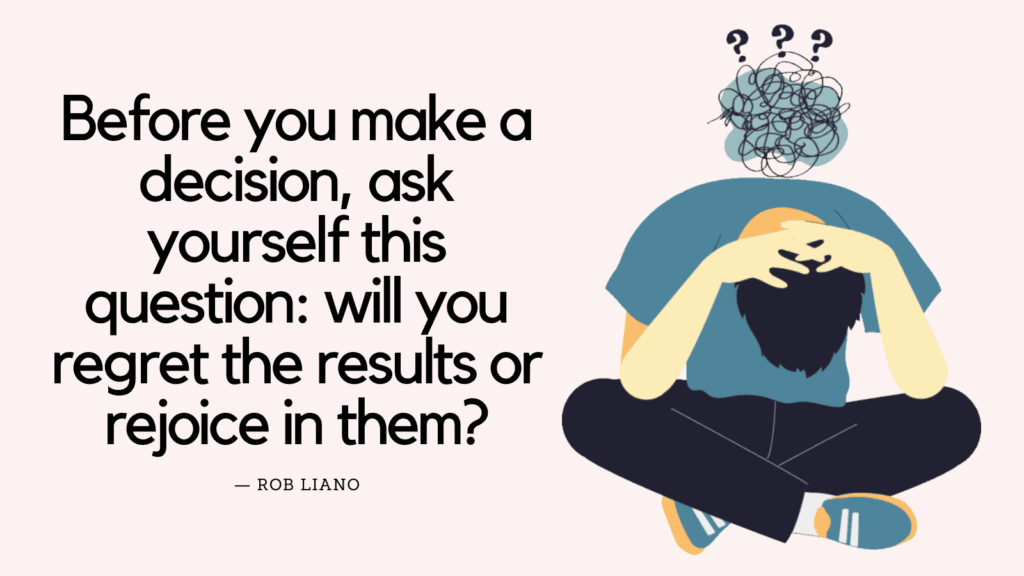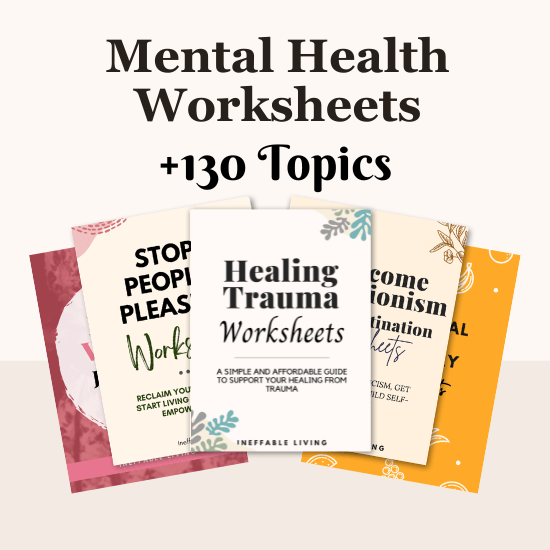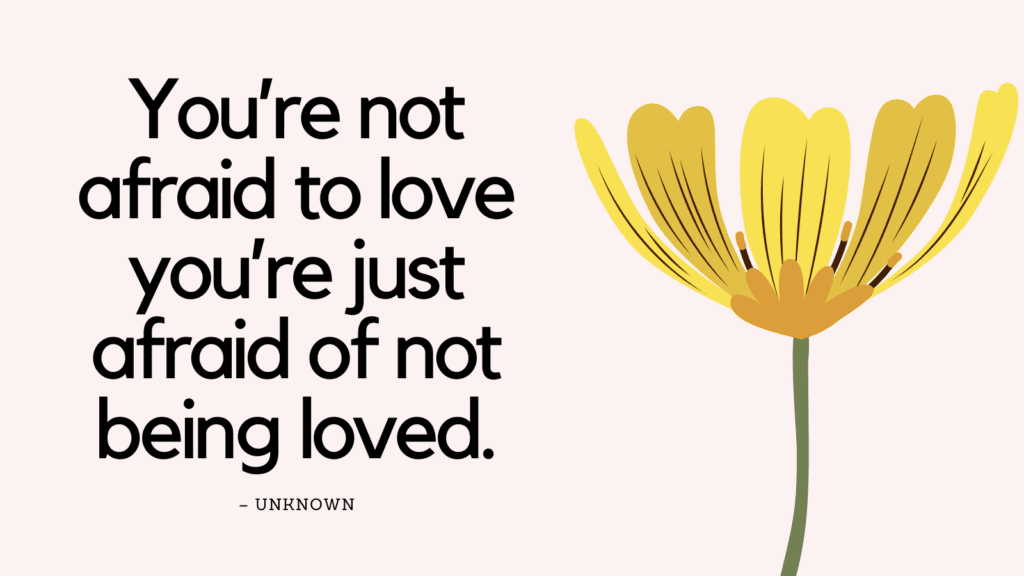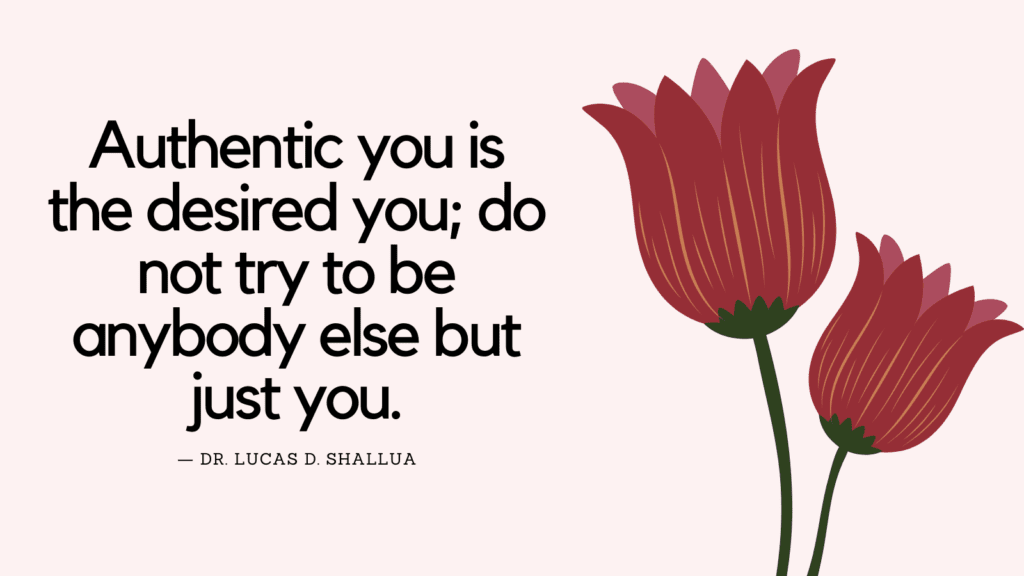This post contains some of the best impulsiveness quotes.
What Is Impulsiveness?
Impulsiveness refers to a tendency to act suddenly without thinking about the consequences.
It involves making hasty decisions or engaging in risky behaviors without considering the potential outcomes.
Impulsivity can manifest in different ways, such as interrupting others, acting on impulse without considering long-term goals, or engaging in impulsive shopping, eating or sexual behaviors.
While some level of impulsivity can be a normal part of human behavior, excessive impulsiveness can lead to negative consequences and interfere with daily life.
Impulsivity is often associated with certain psychological disorders, such as Attention Deficit Hyperactivity Disorder (ADHD), bipolar disorder, and borderline personality disorder.
Impulsiveness Quotes
1. “Before you make a decision, ask yourself this question: will you regret the results or rejoice in them?” ― Rob Liano
2. “Doctors described Jonah as having poor impulse control, which basically meant that Jonah’s entire world was a series of decisions that balanced precariously on the razor’s edge of clever vs. stupid.” ― Paolo Bacigalupi
3. “Free the self from impulsive actions and watch yourself become truly free.” ― Jay Kumar Singh
4. “He would run through a brick wall for you, Mr. Stark.” “I know, but sometimes I wish he would just walk around it.” ― Keith Wright
5. “Impulsiveness can be charming but deliberation can have an appeal, as well.” ― Sarah Dessen
6. “It would be a sin to help you destroy yourself.” ― Leo Tolstoy
7. “Old age has a great sense of calm and freedom when the passions relax their hold, then, as Sophocles says, we are free from the grasp, not of one mad master only, but of many.” ― Plato
Related: Best 6 Ways to Let Go of Wanting to Control Everything
8. “Sometimes it’s a good idea to think about what you want from a situation, and try to get it, rather than just blurt out the first thing that comes into your head.” ― E. Lockhart
9. “Why do humans put so much thought into some decisions yet plunge into others like penguins into frozen ocean? I certainly have a fear of falling into the routines of my elders, their eggshell worlds of dangers and do nots.”― Lara Prior-Palmer
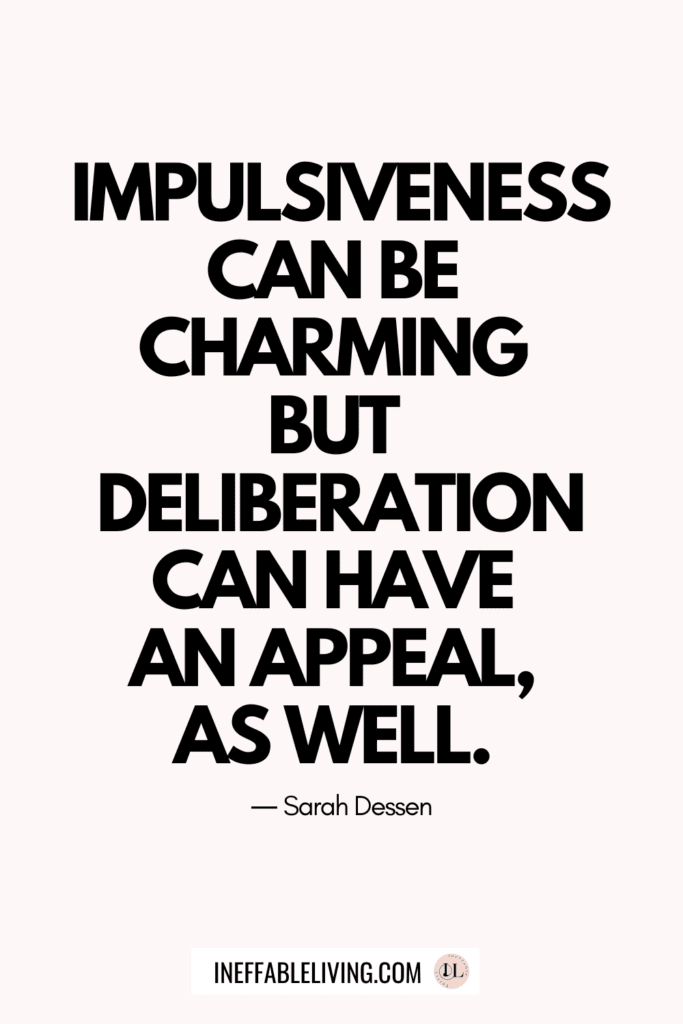
10. “Why is discipline important? Discipline teaches us to operate by principle rather than desire. Saying no to our impulses (even the ones that are not inherently sinful) puts us in control of our appetites rather than vice versa. It deposes our lust and permits truth, virtue, and integrity to rule our minds instead.” — John F. MacArthur
Related: Top 70 Detachment Quotes To Help You Let Go
11. “Great things are not done by impulse, but by a series of small things brought together.” — Vincent Van Gogh
12. “Time is your friend; impulse is your enemy.” — John C. Bogle
13. “Nowhere is wisdom more necessary than in the guidance of charitable impulses. Meaning well is only half our duty; Thinking right is the other, and equally important, half.” — Samuel Gridley Howe
14. “I’m very unpredictable. Very, very impulsive. Extremely. Absolutely! Sometimes I don’t know what I want to do from one day to the next. I can’t enjoy anything premeditated; I just do it as I feel it. But whatever I do is motivated by honesty.” — Sharon Tate
15. “The most dangerous thing you can do is to take any one impulse of your own nature and set it up as the thing you ought to follow at all costs.” — C. S. Lewis
16. “Sanity lies somewhere between the inhibitions of conventional morality and the looseness of extreme impulse, but the area in-between is very fuzzy.” — Chogyam Trungp
Related: The Process Of Turning Inward In 6 Simple Steps (Turn FOMO Into JOMO)
17. “To begin is easy; to persevere is sanctity.- Let your perseverance not be a blind consequence of the first impulse, the work of inertia: let it be a reflective perseverance.” — Josemaria Escriva
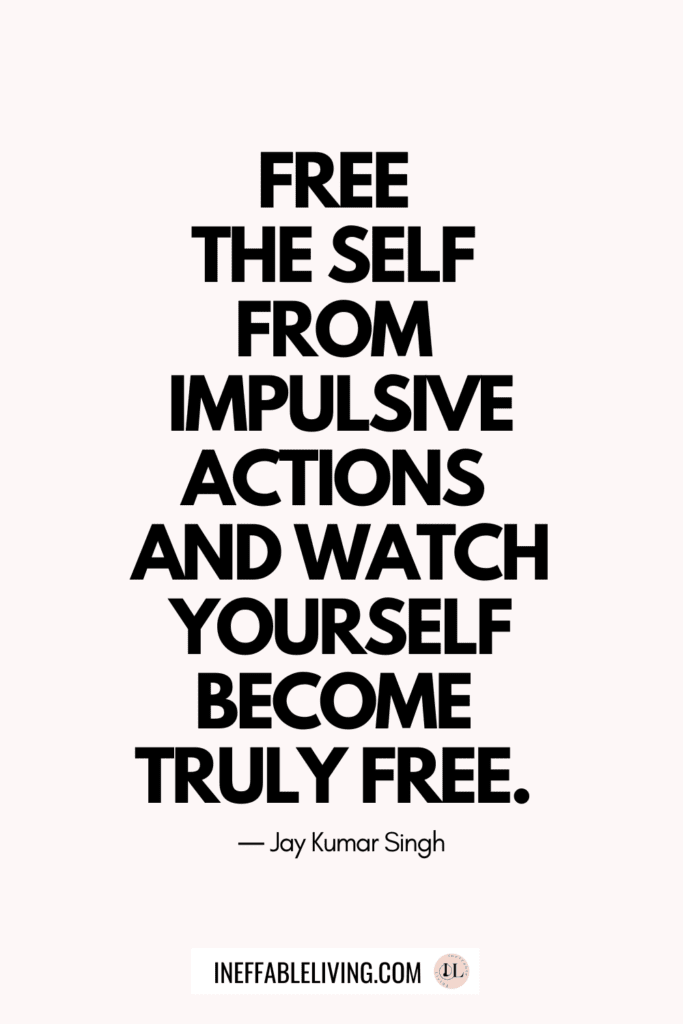
18. “Willpower is what separates us from the animals. It’s the capacity to restrain our impulses, resist temptation – do what’s right and good for us in the long run, not what we want to do right now. It’s central, in fact, to civilisation.” — Roy Baumeister
19. “Impulsive actions led to trouble, and trouble could have unpleasant consequences.” – Steig Larsson
20. “More errors arise from inhibited indecision than from impulsive behavior.” – Morris L. Ernst
21. “When you’re young, you don’t really know quite what you’re aiming at. You’re very impulsive and acting on impulse, which is very important and valuable. But you’re kind of swimming in a blind sea. When you get older, you have more of a sense of direction.” – Sinead O’Connor
Related: FOBO Meaning (& How To Overcome FOBO In 8 Powerful Steps)

How To Deal With Impulsiveness?
Impulsiveness can be defined as a tendency to act without thinking or considering the consequences.
It often leads to impulsive decisions and behaviors that may have negative impacts on our lives and relationships.
1. Understand the Nature of Impulsiveness
To effectively manage impulsiveness, it is crucial to understand its underlying causes and triggers.
Impulsivity may result from various factors, including genetic predisposition, environmental influences, stress, and emotional states.
By recognizing these factors, you can gain insight into your patterns of impulsive behavior and develop strategies to cope with them.
Related: Impulsive vs Intrusive Thoughts (& How to Manage Them)
2. Develop Self-Awareness
Self-awareness is a key component of managing impulsiveness.
Take time to reflect on your impulsive tendencies and patterns.
Notice the situations, emotions, and triggers that lead to impulsive actions.
Journaling or keeping a log of impulsive episodes can help in identifying patterns and gaining a better understanding of how impulsiveness manifests in your life.
Related: Compulsive vs. Impulsive Behavior
3. Establish Healthy Habits
Building healthy habits can be an effective way to counteract impulsive behavior.
Engaging in regular exercise, practicing mindfulness or meditation, and maintaining a balanced diet are all beneficial for enhancing self-control.
These practices help regulate emotions, reduce stress levels, and improve overall well-being, which can contribute to a decrease in impulsive behavior.
4. Delay Gratification
Impulsiveness often arises from the desire for immediate gratification.
To counteract this, practice delaying gratification.
When faced with an impulsive urge, take a pause and give yourself some time before acting on it.
Engage in distraction techniques such as deep breathing exercises or engaging in a different activity altogether.
This delay allows you to reassess the situation and make a more rational decision.
Related: Impulsivity Test: Am I Impulsive?
5. Utilize Mindfulness Techniques
Mindfulness techniques help develop present moment awareness and improve impulse control.
Practicing mindfulness involves paying attention to your thoughts, feelings, and bodily sensations without judgment.
By observing your impulses without immediately acting on them, you create space to make a more deliberate and thoughtful choice.
Related: Best 6 Mindfulness Exercises For Beginners (+FREE Resources)
6. Create an “Impulse Action Plan”
Developing an impulse action plan involves creating pre-determined responses to common impulsive behaviors or situations.
When you anticipate a potential trigger, envision a specific action or alternative behavior that is more aligned with your long-term goals and values.
For example, if you have an impulse to buy something you don’t need, establish a plan to step away from the situation, consult a trusted friend, or distract yourself with an enjoyable non-materialistic activity.
7. Seek Support
Remember that managing impulsiveness is a journey, and seeking support from others can be immensely beneficial.
Share your struggles with a trusted friend, family member, or therapist who can provide guidance and accountability.
Joining support groups or attending therapy sessions specifically tailored to impulsivity can also help in developing effective coping strategies.
8. Learn Emotional Regulation Skills
Impulsiveness is often intertwined with difficulties in emotional regulation.
Learning healthy ways to manage emotions is essential for controlling impulsive behaviors.
Practice identifying and labeling emotions, finding healthy outlets for emotional expression (such as through creative outlets or physical activities), and utilizing relaxation techniques like deep breathing or progressive muscle relaxation.
Related: Emotional Dysregulation Test [A Quick Test]
9. Develop Problem-Solving Skills
Impulsiveness can sometimes stem from a lack of effective problem-solving skills.
Enhancing your ability to evaluate situations objectively, consider alternatives, and weigh pros and cons can help in making more informed and rational decisions.
Engage in activities that require problem-solving, such as puzzles, games, or brain-teasers, to sharpen these skills.
10. Celebrate Progress and Practice Self-Compassion
Managing impulsiveness is an ongoing process, and setbacks can occur.
Acknowledge and celebrate your progress along the way, no matter how small.
Be patient with yourself, and practice self-compassion.
Treat yourself with kindness and understanding, recognizing that change takes time and effort.
Related: Best 10 Self Compassion Books
Conclusion
By implementing these strategies, individuals struggling with impulsiveness can gain greater control over their behaviors and make more thoughtful decisions.
Remember, managing impulsiveness is a journey that requires self-awareness, practice, and patience.
If impulsiveness continues to significantly impact your daily life or relationships, consider consulting with a mental health professional who can provide personalized guidance and support.
